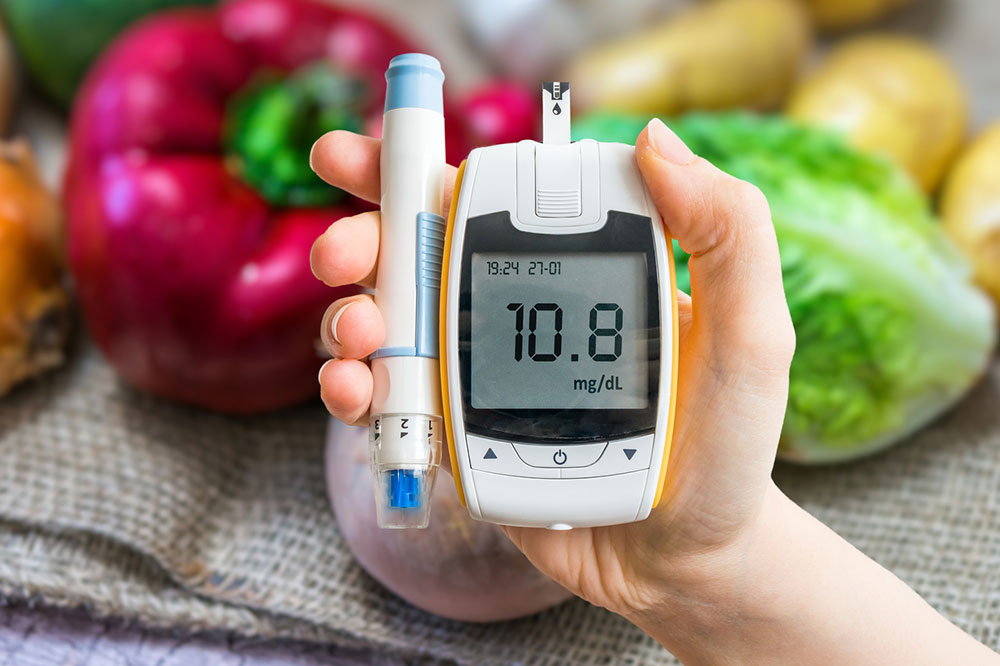Easy Strategies to Lower Your Chances of Developing Type 2 Diabetes
Discover simple, effective methods to reduce the risk of developing type 2 diabetes. Key strategies include maintaining a healthy weight, staying active, eating a balanced diet, and avoiding smoking and excess alcohol. Implementing these lifestyle changes can significantly improve your health and prevent serious complications associated with diabetes.

Easy Strategies to Lower Your Chances of Developing Type 2 Diabetes
Type 2 diabetes is a condition characterized by elevated blood sugar levels caused by the body's inability to produce or effectively use insulin. It affects millions globally each year. Managing insulin production and absorption is key, and lifestyle choices play a crucial role in prevention. Understanding simple, effective methods can significantly reduce the risk of developing this condition and prevent associated health issues.
Maintain a healthy weight
Carrying excess weight, especially around the abdomen, increases the likelihood of diabetes. Losing as little as 7-10% of your body weight can cut the risk by half. Focus on a balanced diet and regular physical activity to manage weight and prevent insulin resistance.
Reduce smoking and alcohol intake
Heavy smoking raises diabetes risk, while moderate alcohol consumption can aid insulin function. However, excessive drinking increases danger. Cutting back on both habits supports better blood sugar regulation and overall health.
Stay physically active
Regular movement helps prevent diabetes. You don't need intense workouts; even a 30-minute brisk walk five times a week can lower risk by about 30%. Physical activity enhances insulin sensitivity and glucose absorption in muscles.
Adopt a nutritious diet
Opt for whole grains like oats, quinoa, buckwheat, and brown rice instead of processed carbs. Limit sugary drinks and processed foods high in trans fats. Choose lean meats and reduce red meat intake to support metabolic health and lower diabetes risk.
Important Notice:
This article provides general health information but should not replace professional medical advice. Consult healthcare experts for personalized guidance. Use the information responsibly and seek medical assistance if needed.









